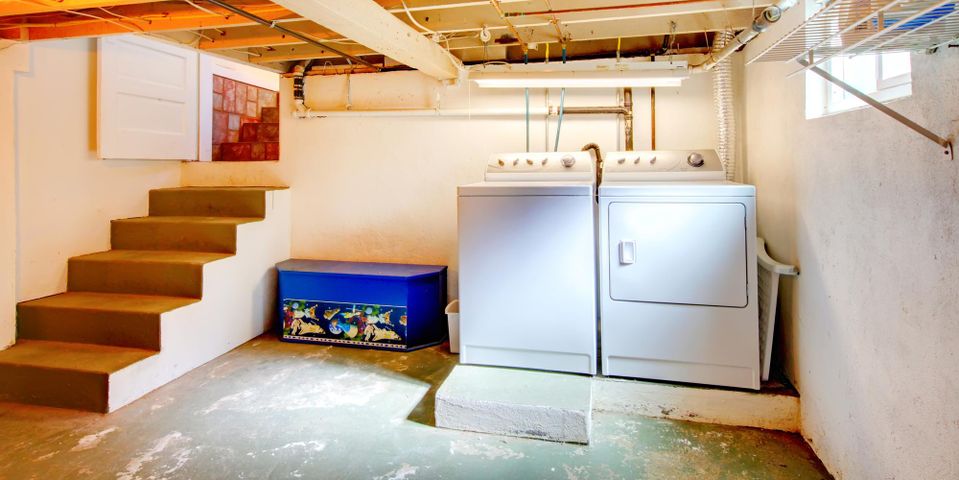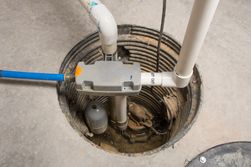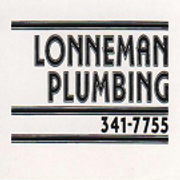
Home plumbing systems are carefully designed to defend against leaks, but sometimes they fail. As a homeowner, it’s important to choose quality products to ensure that you’re prepared to deal with any plumbing mishaps and reduce the possibility of serious water damage. The anti-flooding device known as a sump pump is one of the most effective solutions. Below are answers to four common questions that homeowners ask about these devices.
A Basic Guide to Sump Pumps
What are sump pumps?
A sump pump is a system installed beneath a basement floor or crawlspace. If you suffer a leak, it collects water and discharges it from your home before it can cause foundation damage. It also collects any groundwater that rises through cracks in the foundation.
There are two types of sump pumps. Submersible pumps are cooled by groundwater. Column/pedestal pumps, on the other hand, are cooled by airflow. Submersible sump pumps are ideal for tight spaces, while the latter is better in larger spaces where there’s plenty of airflow.
Why do I need one?
 If the groundwater often leaks into the ground below your basement floor or crawlspace, it’s wise to install a sump pump. This device is also ideal if your home is in a flood zone. If you aren’t certain whether you need one, a plumbing contractor can inspect your home to determine the chances of leaking or flooding.
If the groundwater often leaks into the ground below your basement floor or crawlspace, it’s wise to install a sump pump. This device is also ideal if your home is in a flood zone. If you aren’t certain whether you need one, a plumbing contractor can inspect your home to determine the chances of leaking or flooding.
What issues cause a sump pump to fail?
A number of factors can impact the functioning of a sump pump. The screens on the pump’s water opening holes can become clogged, or the motor can overheat and shut down. This problem often occurs when there’s poor airflow around a column sump pump. In addition, the electrical cord can suffer damage, or laundry detergent or other chemicals can harm the seals. Additionally, take care to avoid electrical failure. Never use an extension cord or remove the grounding pin to fit the cord into a two-prong outlet. You may break the sump pump — worse, you might create a shock or fire hazard.
How do I prevent failure?
Have your sump pump tested and inspected regularly by a plumbing contractor. They’ll look at the engine and other moving parts to ensure nothing is broken or at risk of breaking down. The contractor will also test the pump’s water capture and discharge to ensure the device is operating properly. Have your sump pump looked at once a year and immediately after any flooding occurs.
If you’re interested in installing a sump pump or require repairs, work with Lonneman Plumbing. These experts have offered a comprehensive range of services to Northern Kentucky since 1960. Based in Edgewood, they tackle a number of issues, including drain cleaning, water heater repairs, and general plumbing inspections. They’re committed to ensuring customers get lasting service from their systems, so call (859) 341-7755. You can learn more about their services by visiting their website.
About the Business
Have a question? Ask the experts!
Send your question

